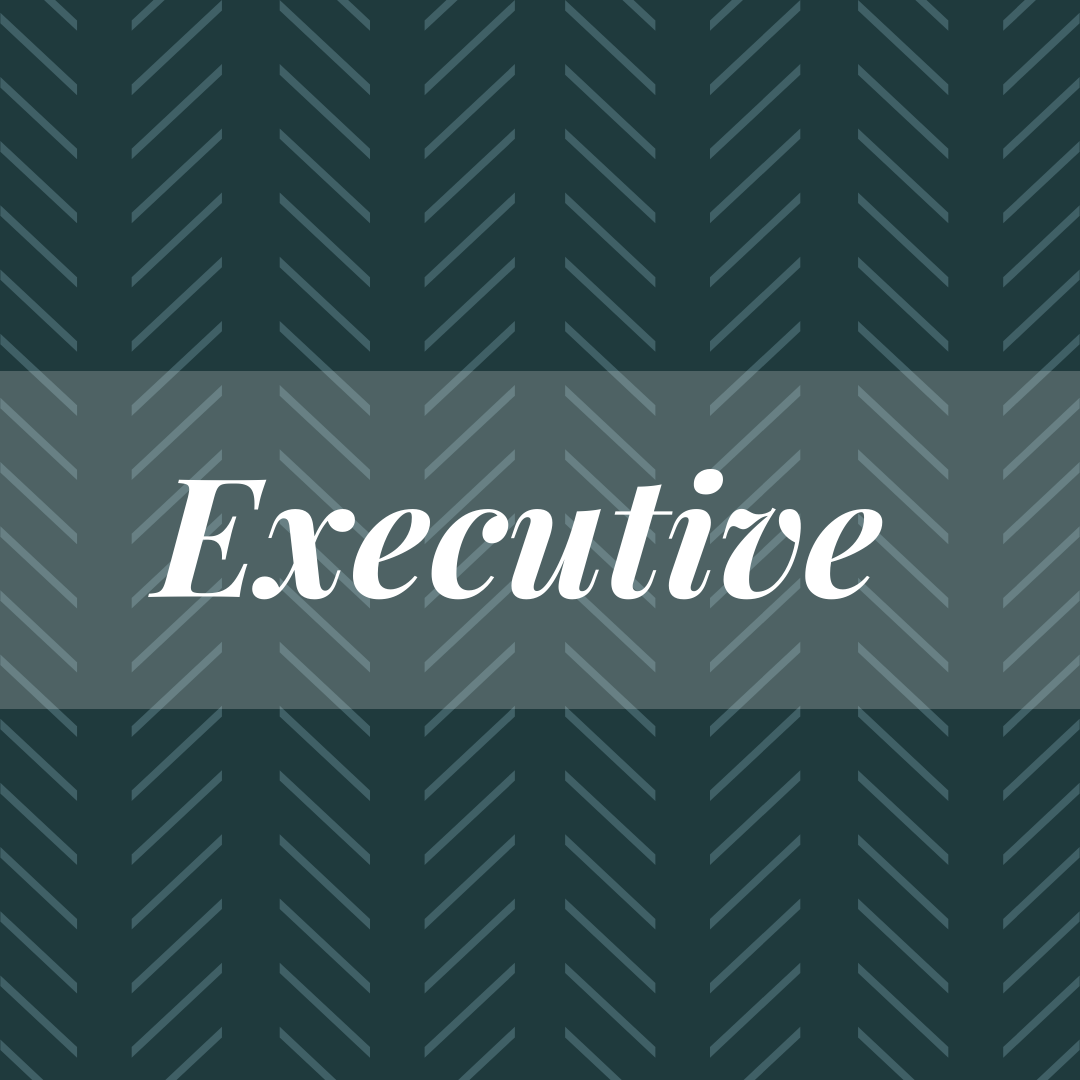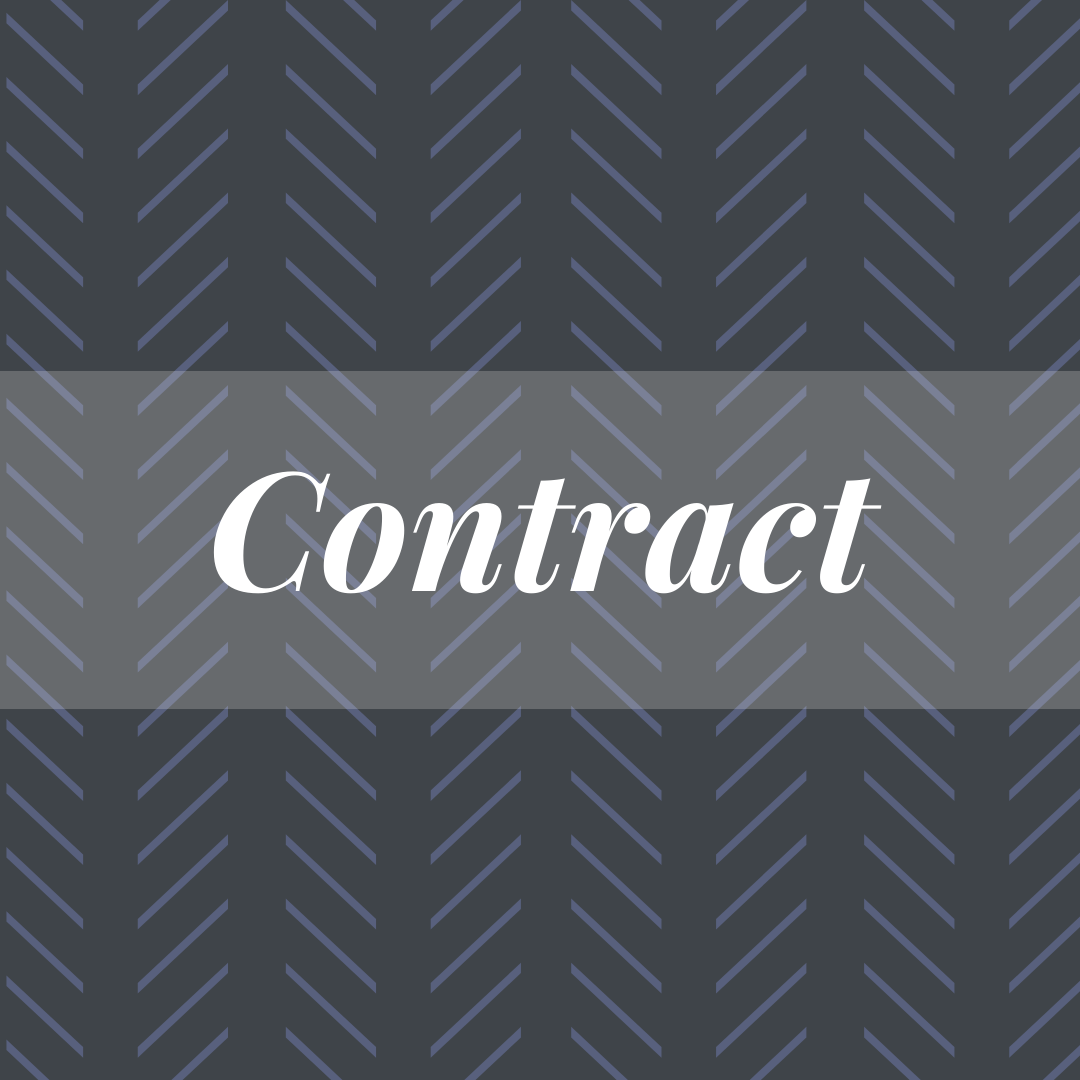
Learn the basics
-
Research the company: Familiarize yourself with the company's mission, values, products, and services. Understand their industry and any recent news or developments that may be relevant. This knowledge will demonstrate your interest and enthusiasm during the interview.
-
Review the job description: Thoroughly understand the requirements and responsibilities outlined in the job description. Identify key skills and qualifications the employer is seeking, and think of examples from your education, internships, or extracurricular activities that align with those requirements.
-
Prepare common interview questions: Anticipate and practice responses to common interview questions such as "Tell me about yourself," "Why are you interested in this position?" and "What are your strengths and weaknesses?" Craft concise and compelling answers that highlight your relevant skills, experiences, and enthusiasm for the role.
-
Highlight transferable skills: As an entry-level candidate, emphasize transferable skills gained through coursework, internships, part-time jobs, or volunteer experiences. Focus on skills such as communication, teamwork, problem-solving, adaptability, and a strong work ethic.
-
Prepare behavioral examples: Be ready to provide specific examples from your experiences that demonstrate your skills and abilities. Use the STAR method (Situation, Task, Action, Result) to structure your responses and showcase your problem-solving abilities and accomplishments.
-
Practice with mock interviews: Conduct mock interviews with a friend or family member to simulate the interview experience. Practice answering questions confidently, maintaining good eye contact, and showcasing your enthusiasm and professionalism.
-
Dress professionally: Dress appropriately for the interview, aiming for a professional and polished appearance. Even for entry-level positions, it's important to make a positive first impression with your attire.
-
Prepare thoughtful questions: Prepare a list of thoughtful questions to ask the interviewer about the company, the role, and the culture. This demonstrates your interest in the position and helps you gather valuable information to assess if the role is a good fit for you.
-
Bring copies of your resume: Print multiple copies of your updated resume and bring them to the interview. Offer a copy to the interviewer if they don't already have one, and use it as a reference when discussing your experiences.
-
Follow up with a thank-you note: Send a thank-you note or email within 24 hours after the interview, expressing your gratitude for the opportunity and reiterating your interest in the position. This simple gesture shows your professionalism and appreciation for their time.
Showcase your experience

-
Review your accomplishments: Reflect on your past experiences and identify significant achievements or projects that showcase your ability to handle intermediate-level responsibilities. Prepare specific examples that highlight your impact, leadership, and contributions to the organization.
-
Demonstrate industry knowledge: Deepen your understanding of the industry, market trends, and challenges relevant to the intermediate position you are applying for. Stay updated on recent developments, new technologies, and emerging best practices. This knowledge will help you engage in informed discussions during the interview.
-
Highlight leadership and managerial skills: Emphasize your experience in leading teams, managing projects, and supervising others. Showcase your ability to motivate and inspire team members, delegate tasks, and coordinate efforts to achieve organizational goals.
-
Prepare for situational and behavioral questions: Expect behavioral and situational questions that assess your ability to handle complex scenarios. Prepare specific examples that demonstrate your problem-solving skills, adaptability, and ability to make effective decisions under pressure.
-
Research the company's strategic goals: Understand the company's strategic objectives, challenges, and competitive landscape. Align your responses during the interview to demonstrate how your skills, experiences, and vision can contribute to achieving those goals.
-
Demonstrate your ability to drive results: Provide concrete examples of how your work has positively impacted key performance indicators, such as revenue growth, cost savings, process improvements, or customer satisfaction. Quantify your achievements whenever possible to showcase your ability to deliver measurable results.
-
Prepare questions about team dynamics and collaboration: Ask questions that demonstrate your interest in understanding how teams work together at the intermediate level. Inquire about cross-functional collaboration, reporting structures, and opportunities for mentorship or professional development.
-
Discuss your experience in managing stakeholders: Intermediate positions often involve working with various stakeholders, including clients, senior management, or external partners. Prepare examples that demonstrate your ability to effectively communicate, build relationships, and manage expectations with different stakeholders.
-
Showcase your strategic thinking abilities: Discuss your experience in analyzing data, identifying opportunities, and developing strategies to drive business growth or solve complex problems. Highlight your ability to think critically and make informed decisions that align with organizational goals.
-
Project confidence and professionalism: Aspire to exude confidence and professionalism during the interview. Display a positive attitude, maintain good posture, make eye contact, and actively listen to the interviewer. Demonstrate your ability to handle yourself in a professional setting.

Demonstrate your ability to lead
-
Highlight your leadership and management experience: Emphasize your experience in leading teams, managing projects, and overseeing operations. Discuss your ability to develop and execute strategic plans, mentor and develop junior staff, and drive organizational growth.
-
Demonstrate your industry expertise: Showcase your in-depth knowledge of the industry, including emerging trends, market dynamics, and regulatory considerations. Discuss how your expertise positions you as a valuable asset in contributing to the organization's long-term success.
-
Prepare for senior-level discussions: During your interview, be prepared to answer questions related to strategic thinking, vision, and your ability to influence decision-making.. Prepare examples that demonstrate your ability to think strategically, develop innovative solutions, and contribute to shaping the organization's direction.
-
Discuss your experience in managing budgets and resources: Highlight your ability to manage budgets, allocate resources effectively, and achieve financial goals. Discuss any cost-saving initiatives, revenue growth strategies, or successful resource management projects you have led.
-
Prepare for behavioral and situational questions at a higher level: Anticipate behavioral and situational questions that assess your ability to handle complex challenges and make high-stakes decisions. Prepare examples that showcase your critical thinking, problem-solving, and conflict resolution skills.
-
Demonstrate your ability to build and maintain relationships: Mid-level positions often involve working with internal and external stakeholders at a higher level. Discuss your experience in managing key relationships, negotiating contracts, and collaborating with partners to achieve shared objectives.
-
Discuss your change management experience: In mid-level positions, it's important to have the skill set to lead and execute organizational change initiatives.. Prepare examples that highlight your experience in change management, including communication strategies, overcoming resistance, and driving successful transitions.
-
Showcase your strategic networking skills: Discuss your ability to network strategically, build industry connections, and establish partnerships. Highlight any professional affiliations, board memberships, or industry events you have participated in to demonstrate your network-building capabilities.
-
Prepare to discuss your vision for the role: Be ready to articulate your vision for the position and how you plan to contribute to the organization's goals. Demonstrate your understanding of the broader industry landscape and your ability to align your goals with the organization's strategic objectives.
-
Display executive presence and professionalism: During the interview, it's important to show executive presence by projecting confidence, maintaining composure, and demonstrating your ability to handle high-level responsibilities. Make sure to display strong communication skills, active listening, and maintain a professional demeanor.
Emphasize your achievements

-
Demonstrate strategic leadership: Showcase your ability to think strategically and provide the vision for the organization. Discuss your experience in setting long-term goals, driving innovation, and leading transformational initiatives.
-
Highlight your executive-level experience: Emphasize your track record of success in executive roles, including your ability to lead large teams, manage budgets at a significant scale, and make high-level decisions with organizational impact.
-
Discuss your experience in driving organizational growth: Showcase your ability to drive revenue growth, market expansion, or profitability improvements. Discuss specific strategies, initiatives, or acquisitions you have led that contributed to organizational success.
-
Demonstrate your ability to navigate complexity: Executive positions often involve dealing with complex challenges, including market volatility, regulatory changes, or global expansion. Make sure to provide your experience in effectively managing intricate situations, mitigating risks, and making decisive strategic choices in constantly evolving settings.
-
Discuss your stakeholder management skills: Highlight your ability to build and maintain relationships with key stakeholders, including board members, investors, clients, and industry partners. Discuss your experience in effectively communicating with and influencing senior-level executives.
-
Prepare to discuss your leadership philosophy: Be ready to articulate your leadership philosophy and how it aligns with the organization's values and culture. You should provide insights on how you construct a robust team, nurture talent, and foster an atmosphere of exceptional performance.
-
Demonstrate your ability to drive change: Discuss your experience in leading organizational change initiatives, cultural transformations, or digitalization efforts. Highlight your change management skills, including your ability to gain buy-in, overcome resistance, and drive successful implementation.
-
Prepare for strategic and visionary questions: Expect questions that assess your ability to think strategically and provide a vision for the organization's future. Be prepared to discuss industry trends, disruptive technologies, and emerging opportunities.
-
Highlight your board or advisory experience: If applicable, discuss your experience serving on boards or providing advisory services. Showcase your ability to provide strategic guidance, governance oversight, and contribute to board-level decision-making.
-
Project executive presence and confidence: Aim to exude executive presence during the interview. Display confidence, poise, and the ability to handle high-level responsibilities. Showcase your strong communication skills, active listening, and your ability to inspire and motivate others.

Maximize your opportunities
- Understand the full scope of the project and its objectives: Know what the client expects from you and how your contributions align with their overall goals. This knowledge allows you to confidently discuss fees that are appropriate for the level of responsibility, and know how your role impacts the outcome.
- Consider the long-term: While it's important to negotiate for fair compensation in the short term, it's also important to consider the long-term benefits of the contract. These could include the potential for future work or the opportunity to gain new skills.
- Gather competitive data on industry standards: Consider how the industry, company, and project may influence fee structures — which could include hourly rates, project fees, or retainer agreements. You want to know what others in similar positions charge, particularly if you possess exceptional qualifications or specialized experience that differentiates you from your peers.
- Consider offering flexible pricing options: If the project is longer than six months, consider discounted packages for longer-term commitments or tiered fee structures based on complexity levels. Present creative solutions to show you're invested in finding mutually beneficial arrangements that meet both parties' needs without compromising quality.
- Articulate the value of your services: Be sure you're able to effectively emphasize the value of measurable results rather than simply the time spent working. For example, outline how improving efficiency in certain areas translates directly into cost savings or increased profits down the line.
- Anticipate any potential objections: Be prepared to thoroughly answer any objections to your proposed fees and prepare responses that address common concerns, such as the lack of overhead costs compared to hiring traditional employees. By reassuring your prospective employer that investing in skilled professionals will ultimately lead to greater productivity and innovation, you can strengthen your negotiation stance.
- Maintain strong follow-up practices: After initial conversations conclude, follow up on next steps, confirm details discussed, and express enthusiasm for continuing forward towards securing the desired agreement. Persistence demonstrates your dedication to building trustworthy business relationships and reinforces your commitment to delivering top-notch work products.
- Get it in writing: Once the negotiation is complete, make sure to get the revised terms of the contract in writing, and review them carefully before signing.

.png)

.png)